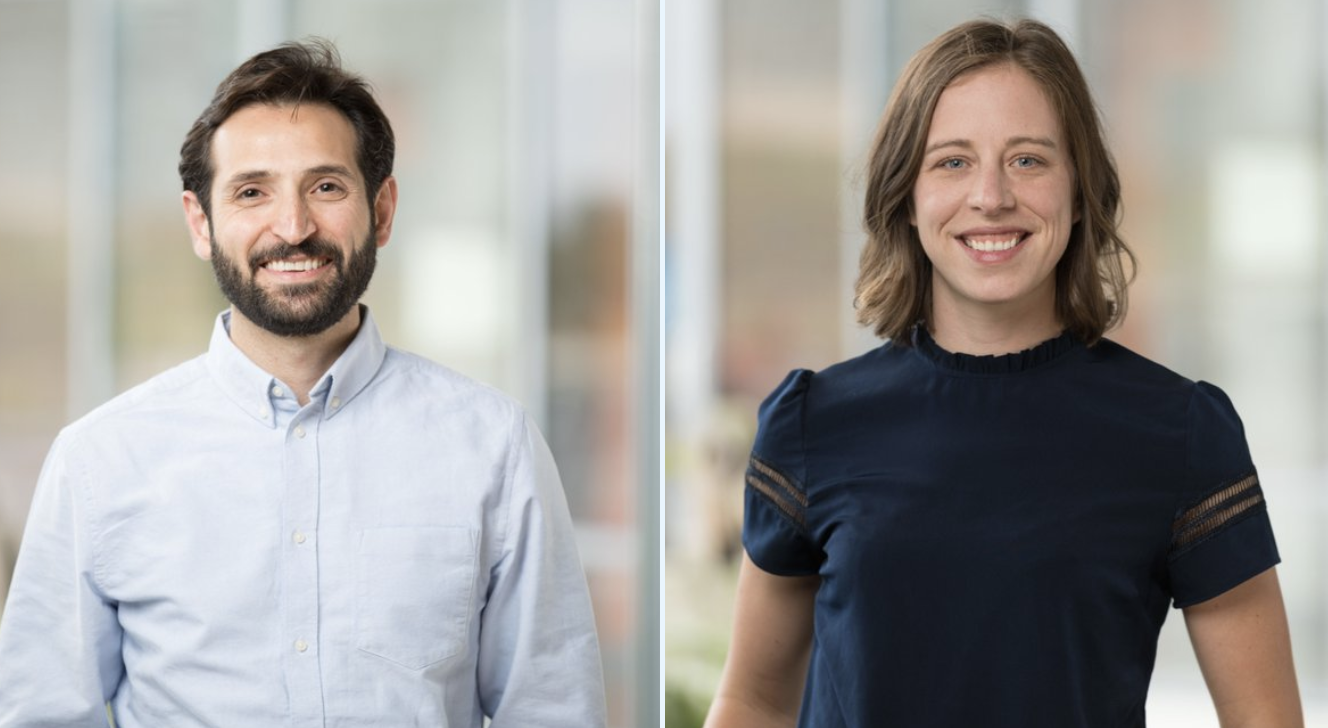NHERI Researchers Recognized with Western States Seismic Policy Council 2021 Award in Excellence
Published on July 21, 2021

Arash Khosravifar and Diane Moug, Portland State University researchers in civil and environmental engineering, were recently recognized with the 2021 Award in Excellence by the Western States Seismic Policy Council for research on mitigating soil liquefaction during seismic events.
ALSO SEE: Collaborative research boosts resilience in Cascadia Subduction Zone
This research project's goal is to develop a new, unobtrusive, cost-effective method for reducing liquefaction hazards of silty soils. Current industry methods are rarely employed due to their limited, disruptive and costly nature. When a new better method is developed, liquefaction-prone silty soils can be mitigated for a wide range of new and existing infrastructure. Applying a new viable liquefaction mitigation method will allow for less earthquake damage, improved emergency response and recovery after earthquakes.
The research activities associated with this project included building a new partnership among PSU, NHERI at the University of Texas (UT) and Arizona State University (ASU) and securing funds from the National Science Foundation (NSF), building local industry partners and developing two field test sites, which are the only two in existence in the U.S. Khosravifar and Moug worked with UT to bring their T-REX shaker truck to simulate earthquakes and ASU to collaborate on the bio-remediation approach called Microbially Induced Desaturation (MID). Arrays of wells were installed to inject and withdraw a chemical solution to feed in-situ microbes to desaturate the soils. The T-REX shaker truck was used to measure the soil characteristics before and after the treatment.
The PSU Liquefaction Mitigation of Silts research project is the first to test Microbially Induced Desaturation (MID) in field conditions in the United States. It required new technical partnerships to be built to bring in the needed multidisciplinary experts. Professor Ed Kavazanjian, renowned geotechnical engineer, offered professional expertise of his team members from the Center for Biomediated and Bio-inspired Geotechnics based at ASU. Similarly, renowned geotechnical engineer Professor Ken Stokoe, offered professional expertise of his team members from NHERI@UTexas, which is based out of UT at Austin.
There is evidence this mitigation method is effective. This project was to explore this possible mitigation method in actual field conditions, which are much more complex with many more variables than in a controlled laboratory setting. Portland is the first and only location in the United States to conduct field-scale tests. This field-scale testing has opened up many new complex questions that also need to be researched and answered. And while further field tests and analyses are required, this method appears to hold great promise.
This story was originally published by the Portland State University newsroom, July 2021.







